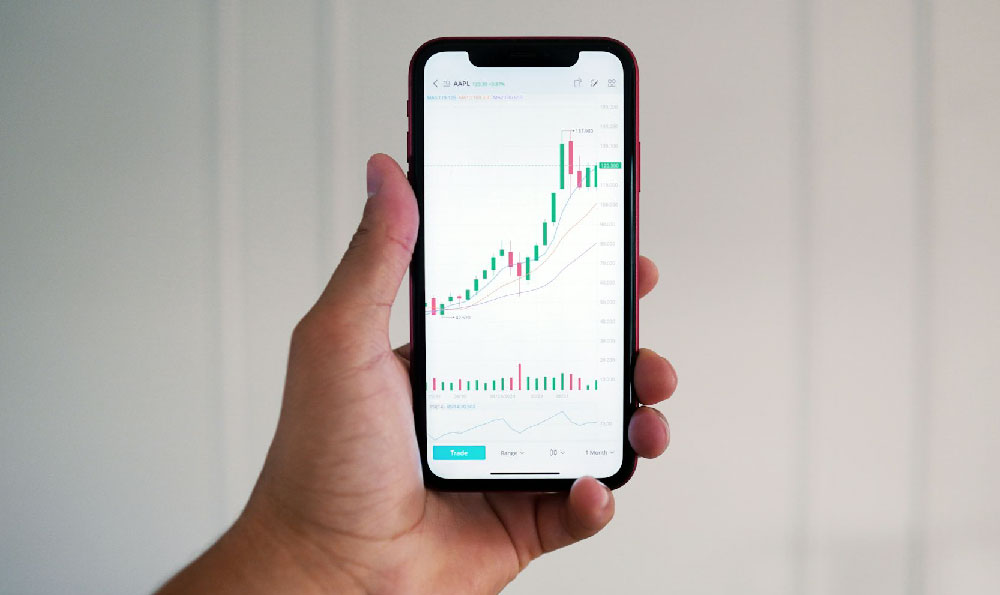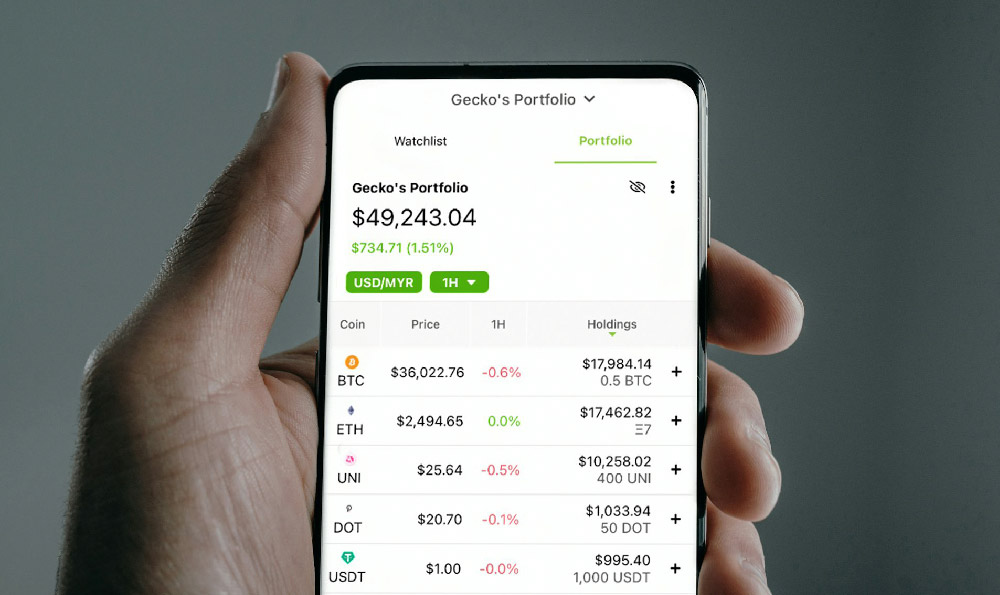The allure of generating income online, particularly through avenues like blogging, is undeniable in today's digital age. The question of whether becoming a blogger and earning a substantial income is truly possible, and more importantly, how to achieve it, is a common one. The answer, while complex, is a resounding yes, but with caveats and a hefty dose of realism. It requires understanding the multifaceted nature of blogging as a business and adopting a long-term, strategic approach.
The initial hurdle many aspiring bloggers face is the misconception that simply writing and publishing content equates to instant financial success. This is far from the truth. Blogging, in its essence, is about building a valuable online presence, establishing authority in a specific niche, and fostering a loyal audience. Earning money is a consequence of effectively achieving these foundational elements.
Let's delve into the 'how.' The first, and arguably most crucial step, is niche selection. Choosing a topic you're genuinely passionate about is vital, but passion alone isn't sufficient. The chosen niche needs to be viable – meaning it has a demonstrable audience and a market that can be monetized. Market research is paramount. Analyze existing blogs and websites in your chosen area. Identify gaps, areas where you can offer a unique perspective or deliver information in a more engaging way. Tools like Google Trends, SEMrush, and Ahrefs can provide valuable insights into keyword popularity, search volume, and competitor analysis. A niche that is too broad will be difficult to gain traction in, while one that is too narrow might limit your potential audience. Finding that sweet spot, where your passion aligns with market demand, is key.

Once you've identified your niche, the next step is creating high-quality, valuable content. This goes beyond simply writing well; it involves understanding your audience's needs and providing solutions to their problems. Content should be informative, engaging, and original. It needs to stand out from the sea of information already available online. Consider different content formats beyond just written blog posts. Incorporate visuals like images, infographics, and videos to enhance engagement. Conduct thorough research, cite your sources accurately, and ensure your content is factually correct. Consistency is also crucial. Develop a content calendar and stick to it. Regular posting keeps your audience engaged and signals to search engines that your blog is active and relevant.
Building an audience is a gradual process that requires persistent effort. Social media plays a crucial role in promoting your content and connecting with potential readers. Develop a social media strategy that aligns with your blog's niche and target audience. Engage with your followers, respond to comments, and participate in relevant online communities. Email marketing is another powerful tool for building a loyal audience. Offer a free e-book, checklist, or other valuable resource in exchange for email sign-ups. Use your email list to notify your subscribers of new blog posts, special offers, and other relevant information. Remember, building an audience is about building relationships. Focus on providing value and fostering a sense of community around your blog.
Now, let's address the monetization aspect. Several avenues exist for bloggers to generate income, each with its own advantages and disadvantages. Advertising is a common method, but it typically requires significant traffic to generate substantial revenue. Google AdSense is a popular option, but the income per click can be relatively low. Affiliate marketing involves promoting other companies' products or services and earning a commission on each sale. This can be a lucrative option if you choose products that are relevant to your audience and that you genuinely believe in. Creating and selling your own products, such as e-books, online courses, or physical products, is another option. This allows you to control the pricing and profit margins, but it also requires more upfront investment and effort. Offering services, such as consulting, coaching, or freelance writing, is another way to monetize your blogging skills. This allows you to leverage your expertise and earn income directly from your audience.
SEO, or Search Engine Optimization, is an indispensable aspect of blogging success. Without a solid SEO strategy, your content will struggle to reach its intended audience. Conduct keyword research to identify the terms and phrases that your target audience is searching for. Optimize your blog posts and website for those keywords. Build backlinks from other reputable websites to improve your website's authority. Pay attention to technical SEO aspects, such as website speed, mobile-friendliness, and site structure. SEO is an ongoing process that requires constant monitoring and adaptation.
Finally, and perhaps most importantly, patience is paramount. Building a successful blog and earning a sustainable income takes time, effort, and dedication. Don't expect overnight success. There will be setbacks and challenges along the way. The key is to stay persistent, learn from your mistakes, and continually adapt your strategy based on the data and feedback you receive. Think of blogging as a marathon, not a sprint. Focus on building a solid foundation, creating valuable content, and fostering a loyal audience. The financial rewards will follow.
In conclusion, becoming a blogger and earning a living is definitely possible, but it’s not a get-rich-quick scheme. It requires a strategic approach, a strong work ethic, and a commitment to providing value to your audience. By focusing on niche selection, content creation, audience building, monetization strategies, and SEO, you can significantly increase your chances of success. Remember to stay persistent, learn from your mistakes, and never stop adapting your approach. The journey may be challenging, but the rewards of building a successful blog and earning a living doing what you love can be well worth the effort.












